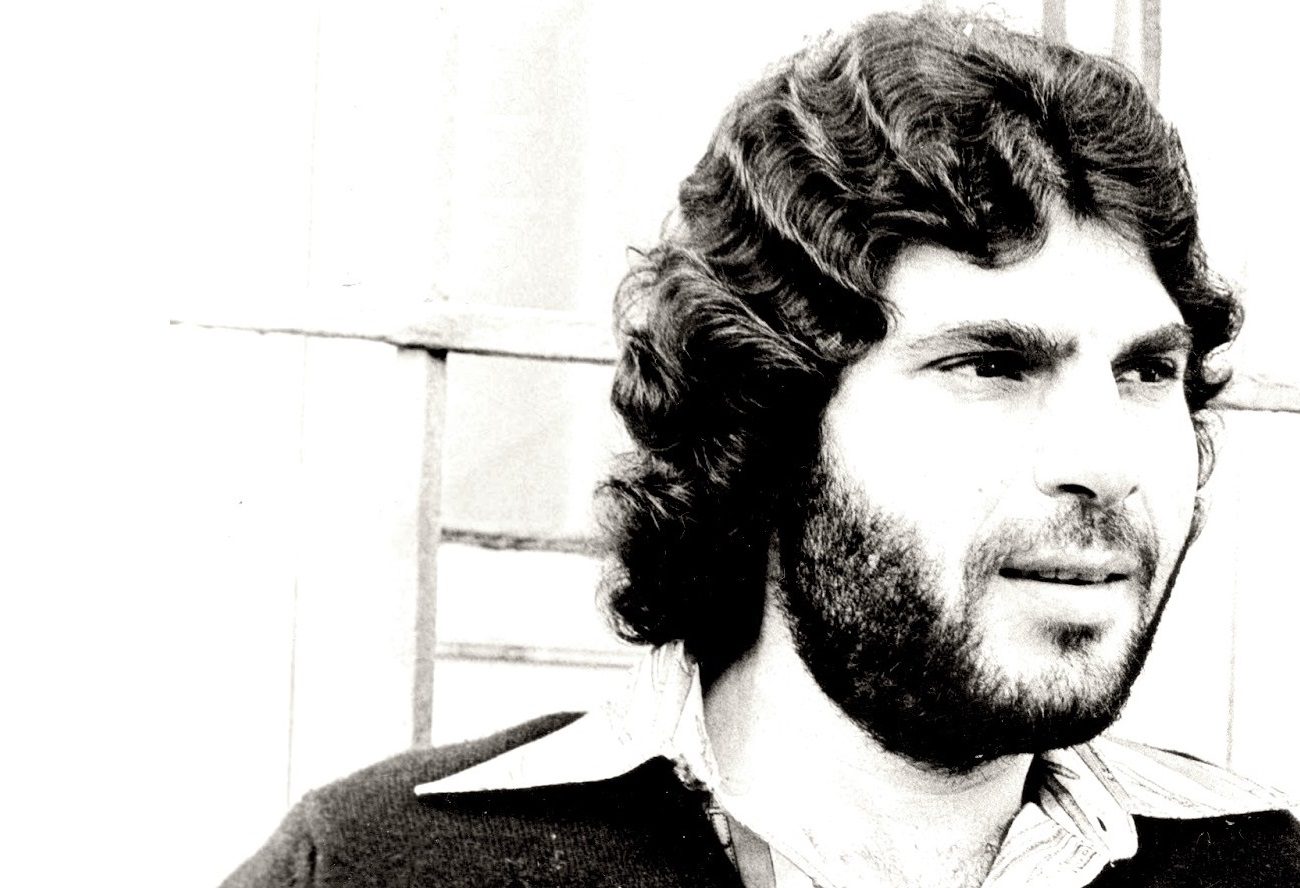Manuel Mancheño Peña ‘El Turronero’
One of the first cantaores that I admired and followed was Manuel Mancheño Peña, El Turronero, whom I befriended.

One of the first cantaores that I admired and followed was Manuel Mancheño Peña, El Turronero, whom I befriended. I won’t say that we were best friends, because that was not the case, although we were well acquainted with each other and we talked a lot about cante. The last time we chatted was at Seville Provincial Council, one morning when we were making a living: we both went to collect some money owed to us by the Council.
I remember that he had in his hands my book about Tomás Pavón, which had been gifted to him by the Council. “I’m now discovering this genius”, he told me, excited but with some difficulty, due to the stroke he had suffered, which eventually took him to the other world. He talked about Tomás Pavón with true veneration, and I thanked him for that, since I had never heard him sing anything of that genius from Seville. Turronero was such a unique, creative cantaor, with a great natural talent, that he never imitated anyone, although he had the natural influences of someone who was lucky to have listen to all the great masters, from Mairena to Perrate de Utrera.
Turronero was a cantaor with the typical style of Utrera, for obvious reasons, but he was also extremely personal. That’s something I really liked about him, his unique style, besides his sense of rhythm, with which he played around as he felt like, getting in and out of it as he pleased. He often made a big stir por bulerías in the flamenco festivals of the 1970s and 1980s, with his unique style, which made him part of the history of this palo that is so difficult and, I have to say it, has been vulgarized ad nauseam, with the corresponding loss of purity.
That day, Turronero revealed for me some aspects about Tomás which I had barely noticed. “Tomás sang for himself, as if no one was listening. He was like a genie inside his lamp who took his listeners to the oldest, almost unknown periods in cante jondo. He was ancient and modern”, he told me, leaving me dumbfounded.
I asked him to sing songs of Tomás for me when he got healthy again, but unfortunately, he didn’t live long, and I never got to listed the cantes of Tomás in that voice that was son personal and Gypsy. I was always a big fan of Turronero, but from that morning on, even more so, because I didn’t expect that a cantaor like him, who was so anarchic and rebellious, told me those things about the little brother of the great Pastora.
One of the things I will do this year that just started is listening to Turronero’s whole discography, because I feel the need to go back to those years to continue believing in that cante which defined me as a flamenco aficionado. Turronero had an impact on me, with those red or yellow outfits and his wavy long hair, which didn’t quite fit those stages of the festivals, so serious and traditional. Manuel was modern cantaor, ahead of his time. A creator.
Translated by P. Young




